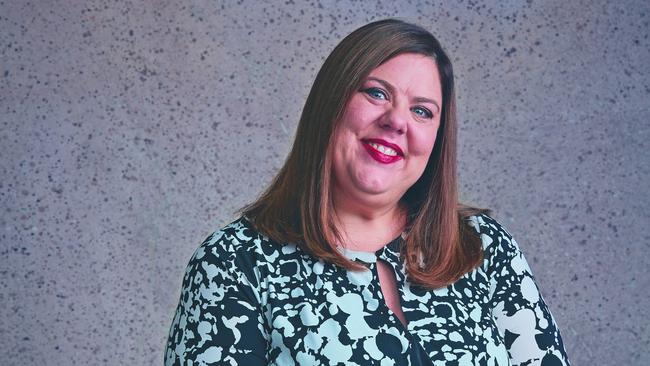Victoria Kluth, Araza
The founder of consultancy Araza prizes being able to turn down business if it is not a good cultural fit.

Victoria Kluth kicked off Araza four and a half years ago with the simple dream of being able to work with her friends.
Fast forward to 2018 and her consultancy firm has expanded from five people to more than 300, working with some of Australia’s biggest brands on their digital transformation.
Unlike other consultancies, Araza casts a wide net, with the projects it tackles covering everything from Microsoft Office 365 integrations to robotics. And sometimes it even turns down business if it is not a good cultural fit.
It also has true gender balance, with about a 50-50 male-to-female split across its staff. Kluth says Araza doesn’t have gender quotas but relies on hiring and interview processes that are free from bias.
“We feel we have our finger on the pulse; when you’re talking about the businesses of tomorrow, that’s what they’re going to look like,” Kluth tells The Deal. “They will strive to be gender equitable. Businesses will learn that having women in decision-making roles is going to bring them more money. All the data shows this is what will happen, and I think my competitors will finally be smart enough to realise they too can have it.”
Kluth spent her career working in public companies with shareholders expecting judicious decisions based on quarterly financial goals. She says running her own company means she can make decisions predicated on other factors entirely.
“You can make decisions based on politics, or feelings, for example,” she says. “Each of our own salespeople has their own bias – they’ll say ‘Victoria, this isn’t a good partnership’, and we can discuss that. Last week I had dinner with a client but I kindly rejected their offer...
It just wasn’t a good fit. To say you can do it all is silly and old-fashioned.”
Kluth says she has worked for systems integrators and consultancies since graduating from university. It’s the only sort of work she has ever done.
“I was working for a large consultancy, and they were changing my role,” she says. “I thought if I’m going to change my role, why don’t I just go and start my own company?
I quit the next day with no business plan.
“I started with a couple of clients, and I just backed myself from there. It is really hard giving up the expense account and the security, but you just have to know you can do it and trust that.”
Growing as fast as Araza has comes with a cost, and for Kluth the challenge is to minimise the risk and ensure growth isn’t merely for its own sake.
“Growth sounds great, but growth for growth’s sake isn’t how you want to operate as an organisation,” she says. “Cash flow is queen. Some people say king, but I say queen. But while we’ve only been a business for four years, we’re now a medium-sized business and that comes with complexities.
“We just keep our eyes on the prize, and the end game for us is to have successful delivery where clients keep coming back to us. And to do that you make sure your people are doing really good things.

